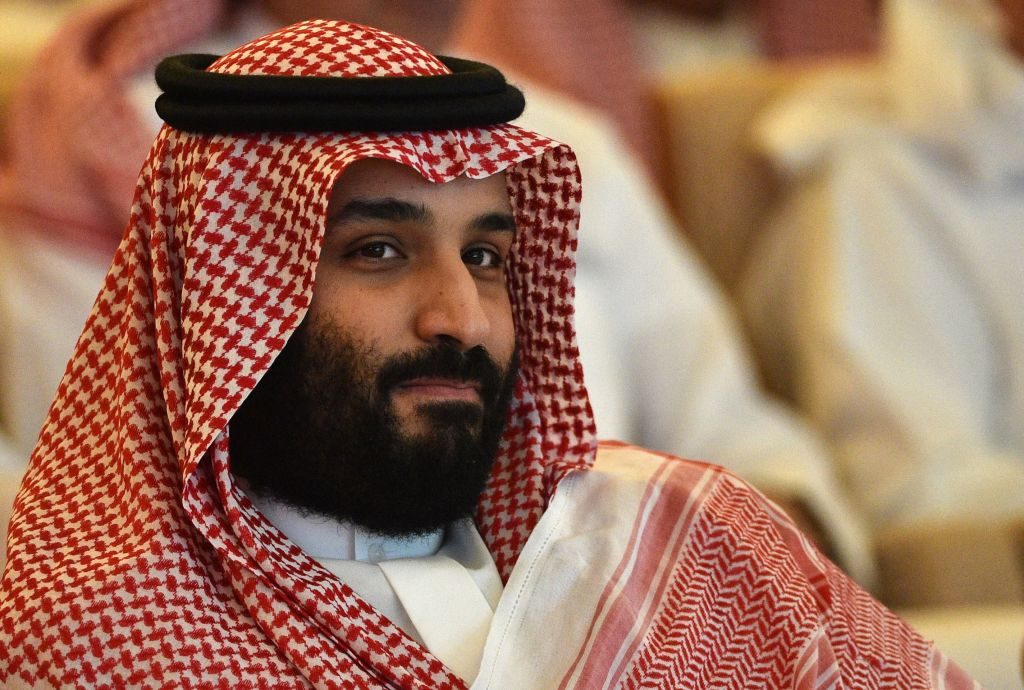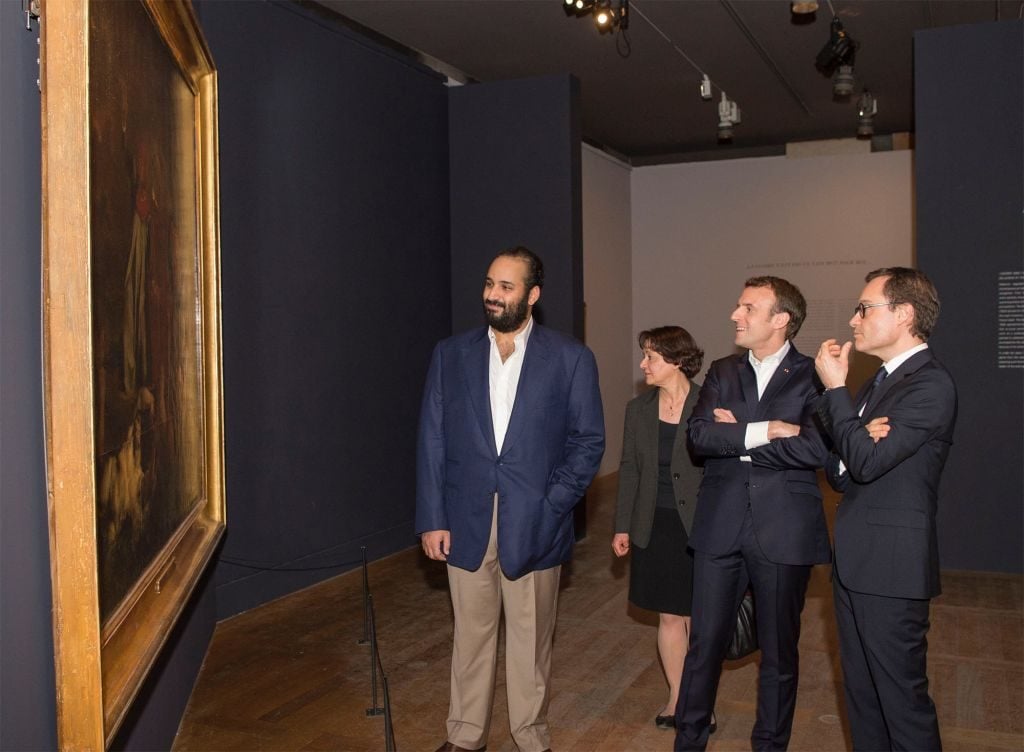Politics
In Its Ongoing Quest for Soft Power, Saudi Arabia Has Embarked on a Multibillion-Dollar Cultural Partnership With Greece
Investing in culture seems to be one way to reform the seemingly stagnant conservative kingdom.

Investing in culture seems to be one way to reform the seemingly stagnant conservative kingdom.

Dorian Batycka

Relations between officials in Saudi Arabia and Greece seem to be getting cozy, moving from missile deals to heritage marbles partnerships.
In March, just as Saudi Crown Prince Mohammed bin Salman and the Greek foreign minister Nikos Dendiasmet met in the Saudi capital Riyadh to negotiate the final terms of a defense cooperation agreement that saw Greece lend a Patriot air defense missile system to the Saudi kingdom. Talks in the Greek capital Athens were being planned to accelerate the exchange of cultural goods and expertise.
Following the arms agreement, at a meeting on May 20, Saudi Arabia’s minister of culture Prince Badr bin Farhan met with Greece’s president Katerina Sakellaropoulou to discuss a memorandum on the international cooperation, which is set to be signed later this year in Riyadh. The agreement, as per Saudi state media, will uplift the two countries’ existing trade relationship to nearly $1 billion by including a significant investment into new cultural initiatives through what officials are calling “Cultural Weeks.”
The major partnership will include funding for archeological preservation of the historic Al Fao region in the southern part of Saudi Arabia, and an exchange of expertise on heritage and museums, archeology, antiquities, cultural festivals, and modern culture.
“Within these weeks [we hope] to see the possibility of co-organizing exhibitions,” Greek culture minister Lina Mendoni told Saudi state media. She added that exchanges between contemporary artists and institutions may also be in the works, in addition to a program addressing countering of illicit trafficking in cultural property and goods.
The announcement appears to be on the heels of a renewed charm offensive by Saudi officials in the wake of global condemnation after Jamal Khashoggi’s murder by state officials inside a Saudi consulate in Turkey in 2018.

Crown Prince of Saudi Arabia Mohammed bin Salman Al Saud and French President Emmanuel Macron inspect art at Louvre Museum in Paris, France in 2018. (Photo: Bandar Algaloud/Saudi Kingdom Council/Handout/Anadolu Agency/Getty Images)
Within the Crown Prince’s so-called Vision 2030 plan, which aims to diversify the Saudi economy away from oil, the sectors of culture and tourism are set to play a central role. The Saudi culture ministry, established just three years ago, projects that culture will contribute 3 percent or more to the kingdom’s gross domestic product by 2030. The plan also includes bin Salman’s $500 billion dollar mega-city called Neom on the Saudi border with Egypt and Jordan, a futuristic mega-city that will include cultural centers.
“As Saudi Arabia’s cultural transformation continues at pace, we welcome closer relations with our Greek friends,” Prince Badr told Saudi state media after the announcement. “Both our countries have a deep and rich heritage stretching back millennia, and a shared outlook on the positive power of cultural exchange and the need for its protection and preservation.”
The timing of the announced partnership is of note. Saudi Arabia’s youth unemployment rate stands at around 28 percent as of 2020, with those under age 30 and university graduates making up the majority of the kingdom’s jobless—a situation that is contributing to discontent among Saudi youth. Investment into culture seems to be one way to reform the seemingly stagnant conservative Saudi Kingdom, with the the Crown Prince’s latest plan to create some 100,000 jobs for young Saudis through the newly formed culture ministry by 2030.
It now appears that the cultural partnerships the kingdom is forming with several European Union countries is at the forefront of domestic culture strategy. The difference, though, is that previous partnerships with France, Germany, and the U.K,. took place before the murder of Khashoggi. Yet Greece seems to be moving ahead despite calls to boycott the kingdom.
Mega-projects and memoranda aside, some see the opening up of Saudi Arabia and the normalization of relations with other countries in the West to be a good thing, particularly for the relatively nascent contemporary art scene.
According to Maliha Tabari, who was born in Riyadh but now runs the Tabari Art Space in Dubai that has shown Saudi Arabian artists, the opening up of intercultural dialogs may have a silver lining for those calling for reforms. “I see the establishment of new cultural ties as generative,” she told Artnet News. “[It forms] new possibilities for exchange, conversations, and creation in the art world while also giving these artists an important platform through which to engage with European audiences.”